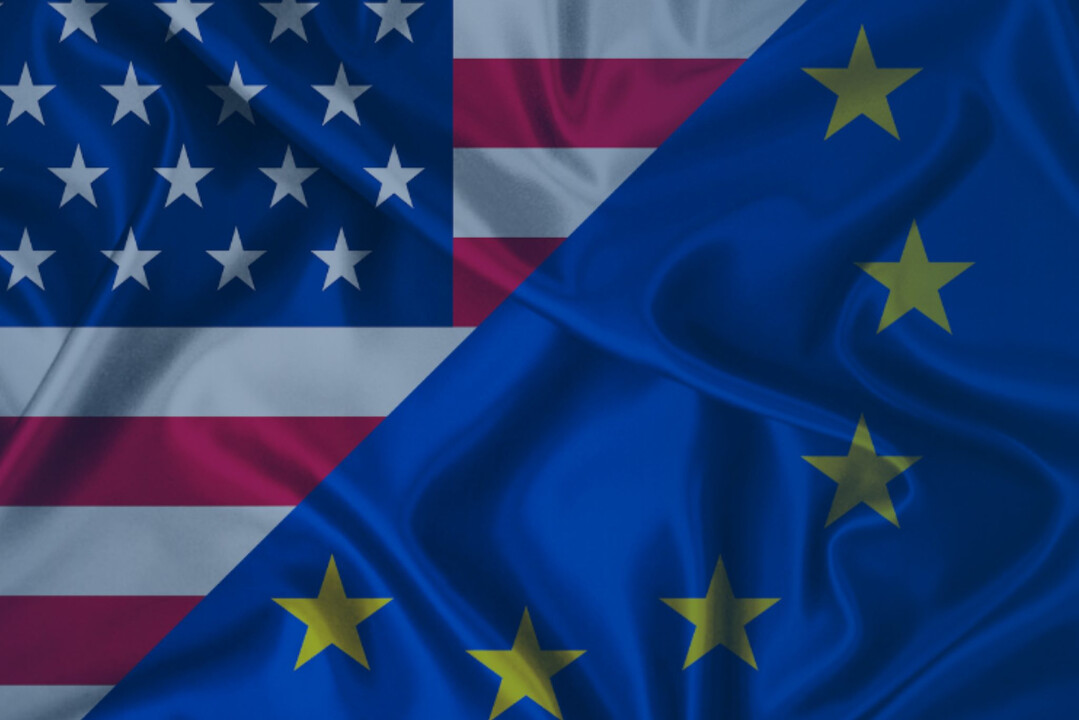
(C) Aerodoc
Brussels/Berlin – The European Union (EU) is set to intensify its trade negotiations with the United States, demanding further tariff exemptions on a vast array of consumer and industrial products, including staple European exports like pasta, cheese, and wine. This move comes as several critical European sectors face severe financial penalties and the threat of market withdrawal from the lucrative US market.
The EU's bid to expand the list of exempted items will be formally presented by the European Commission to top US officials—Secretary of Commerce Howard Lutnick and US Trade Representative (USTR) Jamieson Greer—during their visit to Brussels on November 24th. The proposed list of goods demanding tariff relief spans dozens of categories.
A Push for European Staples
Beyond food and beverage essentials such as distilled spirits, olive oil, pasta, cheese, and wine, the comprehensive list includes a variety of manufactured and luxury items. These range from sunglasses and diamonds to essential industrial components like tools, ship engine parts, industrial robots, textiles, footwear, and hats.
This renewed push by the EU's executive body reflects strong domestic pressure from member states, many of whom are lobbying fiercely to protect their principal export industries. While the US and EU had previously agreed in July to apply a 15% tariff on EU imports, several key sectors—specifically aircraft and parts, generic drugs, and semiconductor manufacturing equipment—were granted exemptions. However, several EU member nations feel their core exports were unfairly excluded from this initial relief.
Italian Pasta Faces Exorbitant Tariffs
One of the most immediate and urgent concerns highlighted by the EU is the impending tariff crisis for Italian pasta. Italy, which accounts for a dominant 69% of the EU's total pasta production and is the world's second-largest producer after the US, is on the brink of being effectively shut out of the US market.
The US Department of Commerce has announced its intention to impose a devastating 91.74% anti-dumping duty starting in January of next year on products from 13 specific Italian pasta manufacturers. Combined with existing duties, this could push the total tariff rate to well over 100%, making Italian pasta economically unviable for US import.
Tariff Dynamics Amid US Policy Shifts
The timing of the EU's additional request is strategically placed amidst a recent shift in US tariff policy. President Donald Trump recently announced a withdrawal of some tariffs, citing the need to alleviate pressure on US consumers' grocery bills. On November 14th, the President removed several key items from reciprocal tariffs, including beef, coffee, tomatoes, nuts, spices, bananas, and pineapples.
The European Union appears to be leveraging this recent policy pivot—which saw US trade relief granted to several agricultural commodities—to argue for similar exemptions on their high-value, culturally significant exports. The broader goal is to maintain the flow of European goods, stabilize transatlantic trade, and protect industries that employ millions across the continent from the severe competitive disadvantage imposed by the current tariff structure.
The outcome of the November 24th meeting will be a crucial indicator of the trajectory of US-EU trade relations and whether key European products will continue to face exorbitant costs in the American market.
[Copyright (c) Global Economic Times. All Rights Reserved.]




























